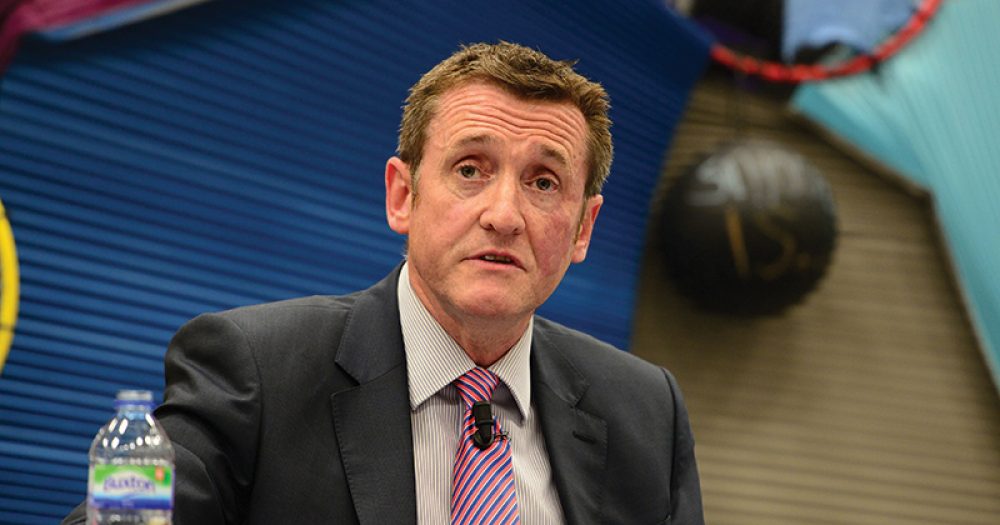Ofsted’s national director for education has insisted the inspectorate has “no preferred length” of key stage three, claiming “it’s not the years … it’s the mileage” that inspectors will look at.
However, reports published this week appear to show a negative view of the two-year KS3.
In a blog published on the Ofsted website today, Sean Harford said it was “simply not the case” that Ofsted was opposed to lengthened key stage fours, and schools “do not automatically get marked down if their KS3 is less than three academic years long”.
Since Ofsted’s new inspection framework was introduced in September, the length of KS3 has been flagged in numerous reports, with many schools facing criticism for “narrow” curriculums if they reduce KS3 to two-years. As a result, many schools have begun moving away from three-year GCSEs and lengthening their KS3 curriculum.
In December, Schools Week reported claims from Impington Village College in Cambridgeshire that inspectors had refused to rate it ‘outstanding’ because of its three-year GCSE programme.
Harford said that it’s up to schools to decide their own curriculum “and how it is enacted” – insisting the length of KS3 “is certainly not a limiting judgement in our handbook”.
He also said Ofsted will not judge any school on the quality of its education “based solely on its progress with the English Baccalaureate”, but added this would be considered “a factor in understanding a school’s curricular ambition for its pupils”.
“We base our final judgement on whether schools offer pupils an ambitious curriculum across their whole time in secondary education – not on the length of any particular stage. We’ll be looking at the curriculum as a whole.”
However, he also said inspectors will be ensuring pupils have the opportunity to study a broad range of subjects, and looking at the “quality, breadth and ambition of the curriculum”. He added: “In the words of Indiana Jones, ‘it’s not the years… it’s the mileage’.”
Axe Valley Academy in Devon, which operates a two-year KS3, was rated ‘requires improvement’ in a report published on Thursday. Inspectors criticised the selection of GCSE options during Year 8 and said pupils’ experience of KS3 “does not stay broad enough for long enough”.
But Clifton Community School in Rotherham was rated ‘good’ in a report published on Wednesday. It commended leaders for “improving the curriculum” by changing to a three-year KS3 which allowed pupils to “experience the broadest curriculum”.
Harford also said “a number of schools” which offer a two-year KS3 have been judged ‘good’ or ‘outstanding’ under the new framework, with common themes including the depth and breadth of curriculum, a greater proportion taking the EBacc at KS4 and GCSE courses going deeper into content.
He also warned that a three-year KS3 is “no panacea” with some teaching not building on the progress pupils made in primary school.
“If you find yourself being drawn into a simplistic discussion about the number of years KS3 lasts, then you’re probably having the wrong conversation,” he said.
“If, instead, you’re considering what it is you want pupils to learn, and whether your curriculum is rich, ambitious and well sequenced, then you’re likely heading in the right direction.”







Your thoughts